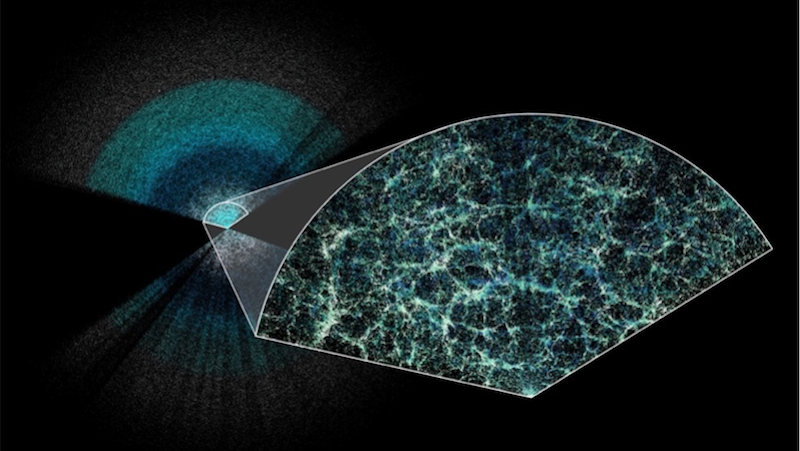The 2.2 million men and women who have fought in Iraq and Afghanistan since 9/11 are a heterogeneous bunch, from different backgrounds both economically and politically.
Question: Can you describe the typical veteran coming home from Iraq and Afghanistan?
Paul Rieckhoff: I think that there's no typical veteran coming home. They're not a totally homogenous group. But to frame it up broadly, they are about 2.2 million men and women who have been to Iraq and Afghanistan since 9/11. There are some new elements of this population that are sometimes surprising to the average American. 15 percent are women. At times almost 50 percent of the folks deployed have been National Guardsmen and Reservists. They're from all over the country. Many of them have served multiple tours; more than 500,000 have gone overseas more than once.
I had dinner with a Navy Seal recently who just got back from his seventh tour. They come from all different political backgrounds. They're much more economically diverse than I think most people imagine; they're not all broke and uneducated and from a housing project or trailer park. There is some pretty decent diversity.
And they joined for a lot of different reasons. Some join because they want to serve their country. Some join because they want to fight the Taliban. Some join because they want health insurance. There's really a lot of different reasons why they join, but the common theme is a sense of service. And they all volunteered, which really makes it different from any other generation of warriors that we've had in this country.
And when they come home, they face a really unprecedented disconnect. Less than one-half of one percent of the American population has served. In World War II it was as high as 12 percent. So what's really unique about this generation of warriors coming home is that they feel alone. They feel isolated, and most of the American public doesn't have someone in this fight. They don't have skin in the game. They don't have a brother, sister, daughter, or son fighting in Iraq and Afghanistan. So for the folks coming home, that can be a big part of their challenge coming home.
Once they do come home, they're facing the toughest economy in decades. The unemployment rate for veterans is consistently higher than the national average; it continues to increase. Many of them are still in the National Guard and Reserve, so they're kind of on stand-by. They may go back to being a teacher, or a student, or a bus driver, but if they're still in the National Guard or Reserve there's a good chance they'll redeploy.
I think they're a proud group of men and women, but they're facing some tough challenges, and I argue that it's really a moral obligation for our country to insure their support. We can learn the lesson from Vietnam. They don't have to come home to mistreatment and disrespect. We really have to invest in them, we have to support them, and we have to listen to them.
Question: What skills does a soldier learn from serving that translate to success in the civilian world?
Paul Rieckhoff: We always use the World War II generation as kind of the standard. Tom Brokaw famously called them "The Greatest Generation.'" They came home from World War II, lived through the Depression, helped build the middle class, and went on to be a generation of Nobel Prize winners, Presidents, business leaders. We believe that the men and women coming back from Iraq and Afghanistan can be the next "greatest generation."
And to frame it up, if you've been in Falujah as a platoon leader leading 30 or 40 people in combat for a year where you had limited resources, limited guidance, a constantly dynamic-changing environment—that makes you entrepreneurial. That makes you think on the fly. It makes you really ingrain in yourself and your team elements that are going to be critical to a dynamic, evolving, changing environment.
So when they come home, they can apply those skills to the business community. As an example, there's a group of veterans affiliated with IAVA that recently created a group called Team Rubicon. It's because of a healthcare trauma target team that's gone into places like Haiti and Chile. They have a medical background, they have a military background, and they said, "You know what? We want to help." So they put together a team, went into a devastated area, and tried to make a difference.
We see the same sort of entrepreneurial spirit in the Gulf in response to the BP disaster. We saw the same thing in the green space. Many of them are starting businesses, and they have good communication skills, they understand logistics, they're usually able to command authority, and they can do really well. And we looked at people like Fred Smith, for example, the CEO of FedEx. He's a decorated Vietnam veteran in the Marine Corp. He took a lot of his skills that served him well—helped him survive, literally, in battle—and applied those to a civilian career that's been one of our country's most successful companies. So we looked at people like him as an example. Not every veteran coming home is gonna be homeless. Not every veteran coming home is gonna be damaged. There is a huge percentage of our population that has been very successful and can be very successful going forward.
Recorded August 2, 2010
Interviewed By Max Miller





